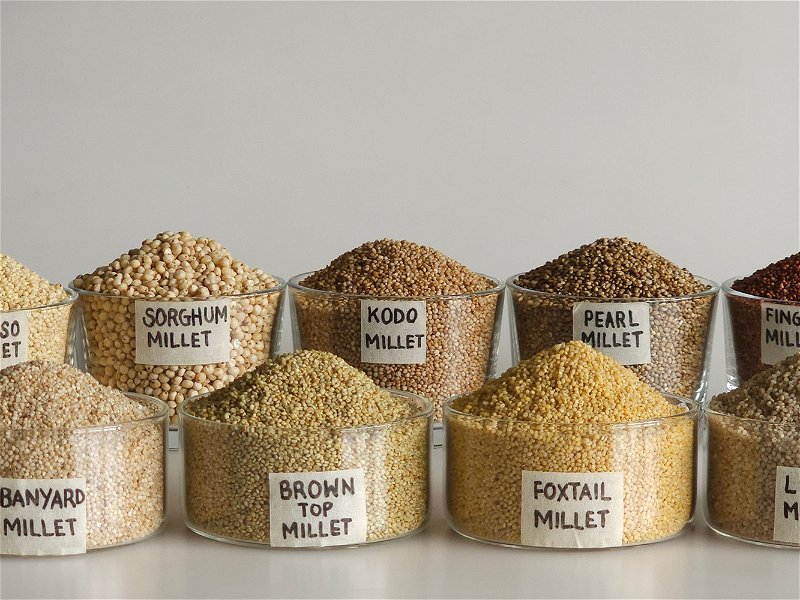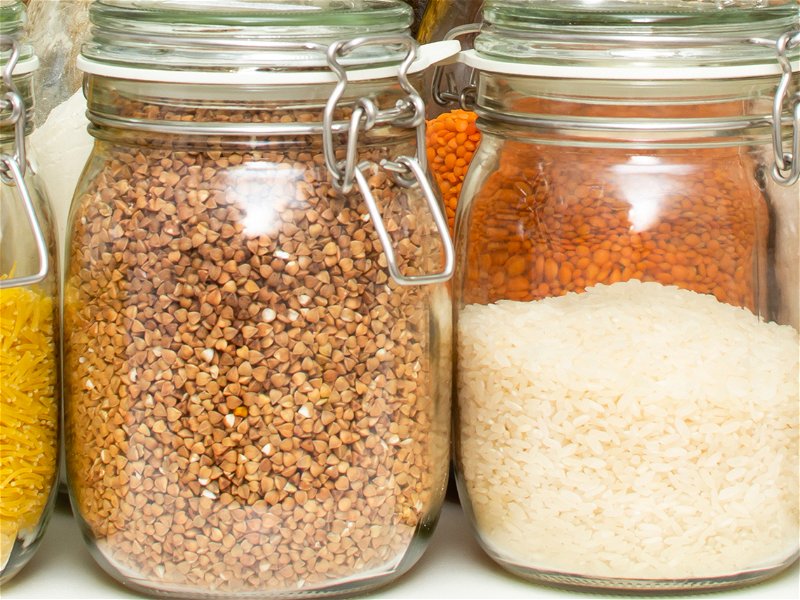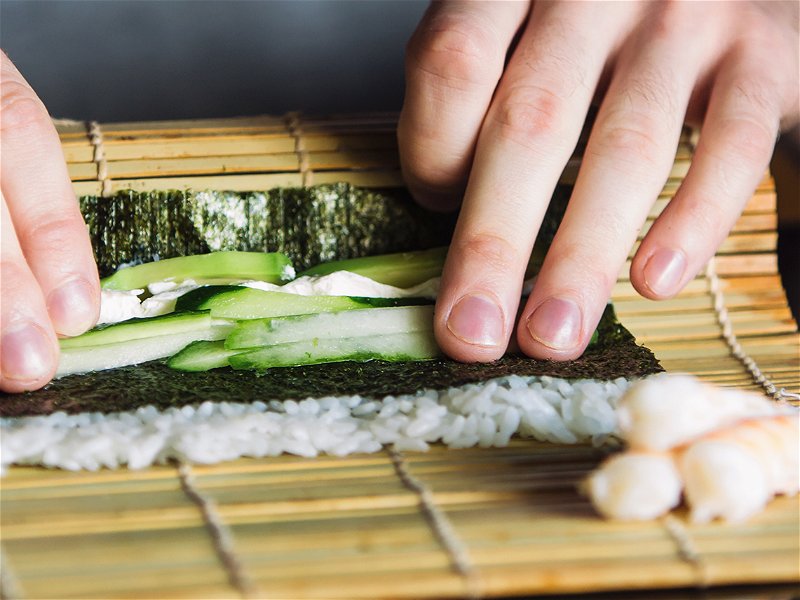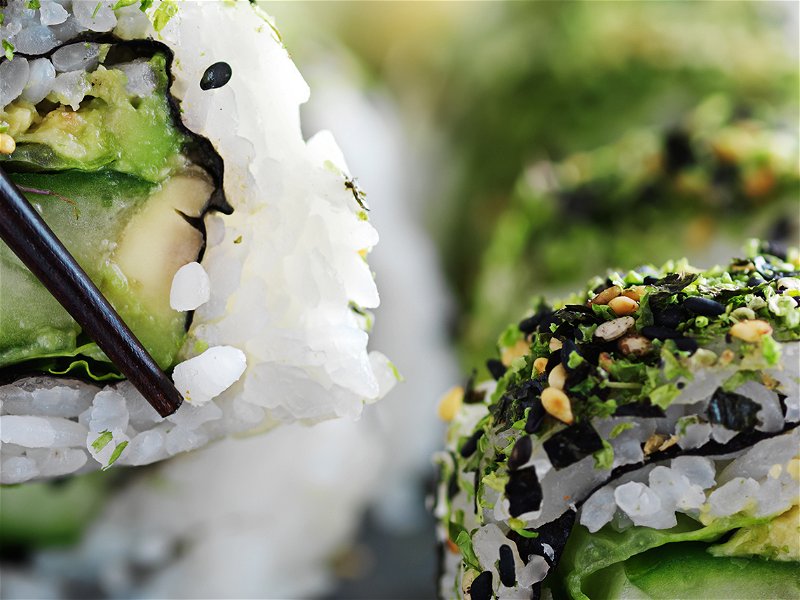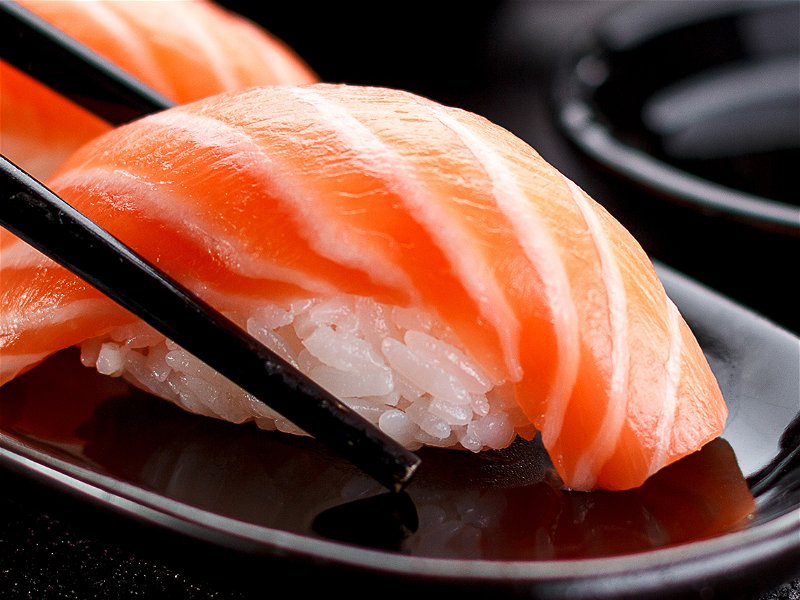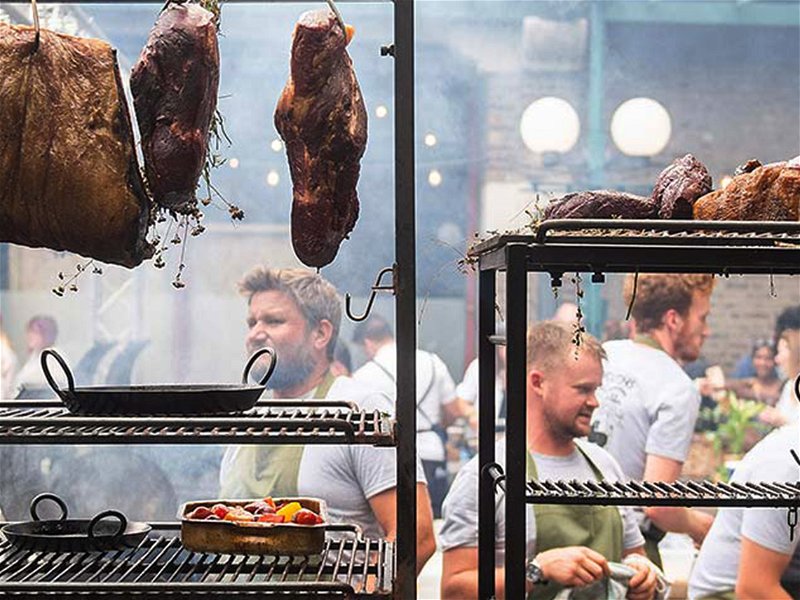Tackling food waste, one fridge and freezer at a time
Consumers are looking for ways to combat food loss and reduce waste, with a range of new initiatives and innovations to help them.
“If it were a country, food waste would have the third largest carbon footprint in the world, behind only the USA and China,” says Catherine David, Director of Collaboration & Change at the UK charity Wrap (Waste & Resources Action Programme). The food industry is exploring ways to help consumers tackle food waste: new initiatives and innovations are designed to create effective ways to help consumers lower their food waste and produce novel recipe ideas.
Look to the freezer to help lower food waste
Freezing food is one way that consumers can lower their food waste. Following findings from Wrap and US mayonnaise brand Hellmann’s showing the cost of food waste amounts to around £780 per year for the average UK household with children, efforts to raise awareness of freezing food are on the up. Retailers try to communicate the advantages of freezing food on limiting waste and helping the planet – and relay the fact that almost all food items can be frozen. Sainsbury’s recently unveiled an answer to tackling food waste, a walk-in freezer concept store. The walk-in featured fresh food items frozen in novel ways to demonstrate how consumers can reduce the amount of household waste from discarded food items. The UK supermarket chain has reported that only 16% of British consumers say they freeze yellow labelled food, while 60% of shoppers are put off purchasing these as they believe they need to be eaten the same day. In the month following the launch of its frozen food walk-in concept, Sainsbury’s reported a 5% increase in sales of reduced, almost out-of-date food.
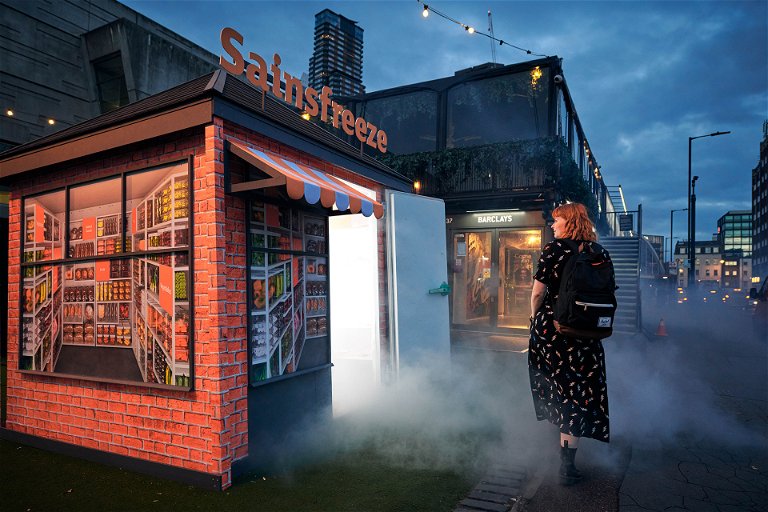
However, not everyone is currently a freezer fan. Wrap’s findings reveal that a third of people say their freezer is sometimes a total disaster area, resulting in unidentified frozen objects or UFOs. In addition, the charity reports that around 20% of us throw away frozen food because it has been dormant for too long.
Knowing where to start
Even if you are actively looking to reduce food loss, trying to analyse food waste data can seem overwhelming when figuring out what to prioritise, or even where to start. Irish food company Kerry recently launched its food waste eliminator tool to raise awareness of food loss and encourage waste reduction. Two questions inspired the creation of the estimator: “Does shelf-life extension or food preservation really prevent food waste? If so, by how much?” Designed for the food industry, the tool digitises global and regional food waste, environmental resource equivalents and other peer-reviewed sustainability data from sources using frameworks and insights from scientific papers. “We hope it will be the first of many tools designed to help, educate and empower,” says Emma Cahill, Global Marketing Director for Food Waste at Kerry. “It does a nice job of joining the dots between academia and industry, meaning that we are translating what’s being learned in labs and measured in studies into actionable information for the industry to drive change.”
Making waste reduction fun and creative
A whole variety of food products, including eggs, mincemeat, herbs and baked goods, are incidentally the most wasted, as consumers are unaware they can be frozen. As consumers consider freezing groceries they previously would have bought and only used fresh, a new range of foodstuffs being stored in the freezer is on the horizon. “Innovative freezing not only allows us to save food we would otherwise have thrown away but also to buy reduced priced food close to its use-by date, saving even more money on the weekly grocery bill,” says Ruth Cranston, Director of Corporate Responsibility and Sustainability at Sainsbury’s.
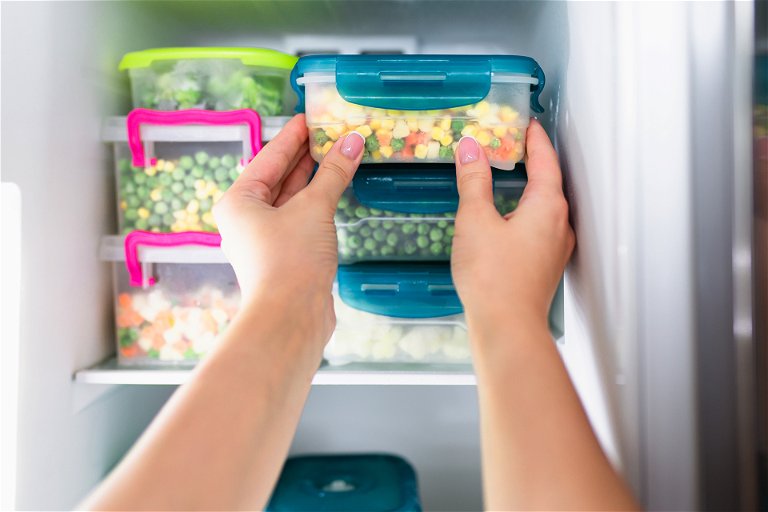
Guidance for consumers
Food waste reduction begins at home. Checking your at-home freezer before shopping, portioning items and using the correct storage containers are key tips for consumers to reduce food waste by freezing. Sainsbury’s and Wrap provide further guidance to help consumers learn more about freezing food to lower waste.
Many consumers link food longevity with environmental friendliness. Over four-fifths (82%) of sustainably-minded consumers equate shelf-life with sustainability, according to a recent survey by Kerry. Improving consumer awareness of tips and tools to help reduce food waste, and its value to their pocket and the planet, enables consumers to be in: “A better place to change their habits and improve the food waste percentage in their own home,” according to Emma Cahill of Kerry.
Industry initiatives
Various initiatives are ongoing in the industry to help consumers learn more about how to lower their food waste. Industry bodies and players are undergoing a review of how use-by, best-before, sell-by and other consumer-facing date stamps are decided and communicated.
The background: clear labels and consumer education represent a great opportunity. Kerry sees many retailers feature ‘best before but still good after’ sections, discounting food past its best-before date but still safe to sell and eat.
TooGoodToGo, a service that connects customers with unsold surplus food, is partnering with manufacturers to add a “look, smell, taste, don’t waste label” for products past their best-before date. The Guardians of Grub campaign works with hospitality and food service businesses to lower the amount of food wasted in the sector annually.
Food waste is also entering the world of popular culture and sport, making an appearance in the 2022 Superbowl commercials in the US: comedian and actor Pete Davidson made an appearance for Hellmann’s to tackle food waste, informing consumers to “make taste, not waste” with leftovers.



